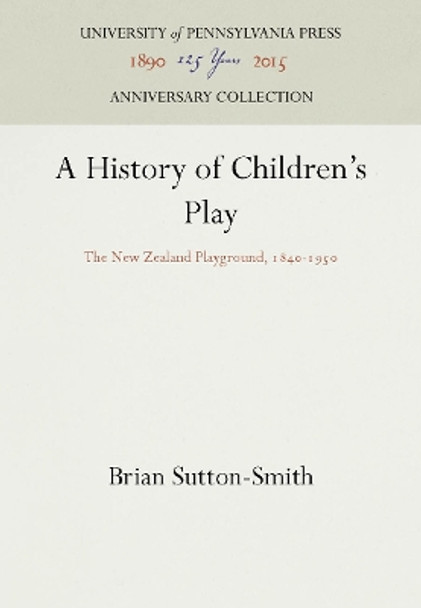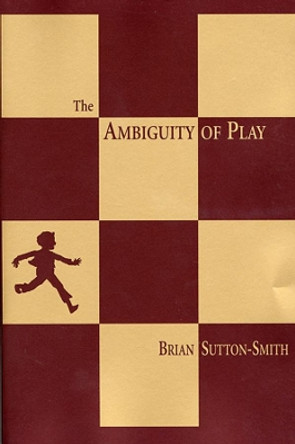Description
New Zealand children from 1840 to 1890 were subjected to an unusual combination of agrarian existence and an industrial social philosophy in the newly formed schools. When schools became more universal in the expanding industrial society, a new emphasis on the control of children developed, and from 1920 onward, adult supervision in the form of heavily organized sports and playgrounds encroached more and more on the untrammeled freedom of the rural environment.
Returning to his home country of New Zealand, Brian Sutton-Smith documents the relationship between children's play and the actual process of history. Drawing on interviews with hundreds of informants from every province and school district of New Zealand, the author illuminates for the first time the various social, cultural, historical, and psychological context in which children's play occurs. He treats both formal and informal play, as well as the play of both boys and girls.
Returning to his home country of New Zealand, Brian Sutton-smith documents the relationship between children's play and the actual process of history. Drawing upon hundreds of interviews the author illuminates for the first time the various social, cultural, historical, and psychological contexts in which children's play occurs.
About the Author
Brian Sutton-Smith, Professor of Education, Emeritus, at the University of Pennsylvania, is the author of some fifty books and hundreds of journal articles. In 1995 he received the Lifetime Achievement Award from the American Folklore Society.
Book Information
ISBN 9780812278088
Author Brian Sutton-Smith
Format Hardback
Page Count 352
Imprint University of Pennsylvania Press
Publisher University of Pennsylvania Press









